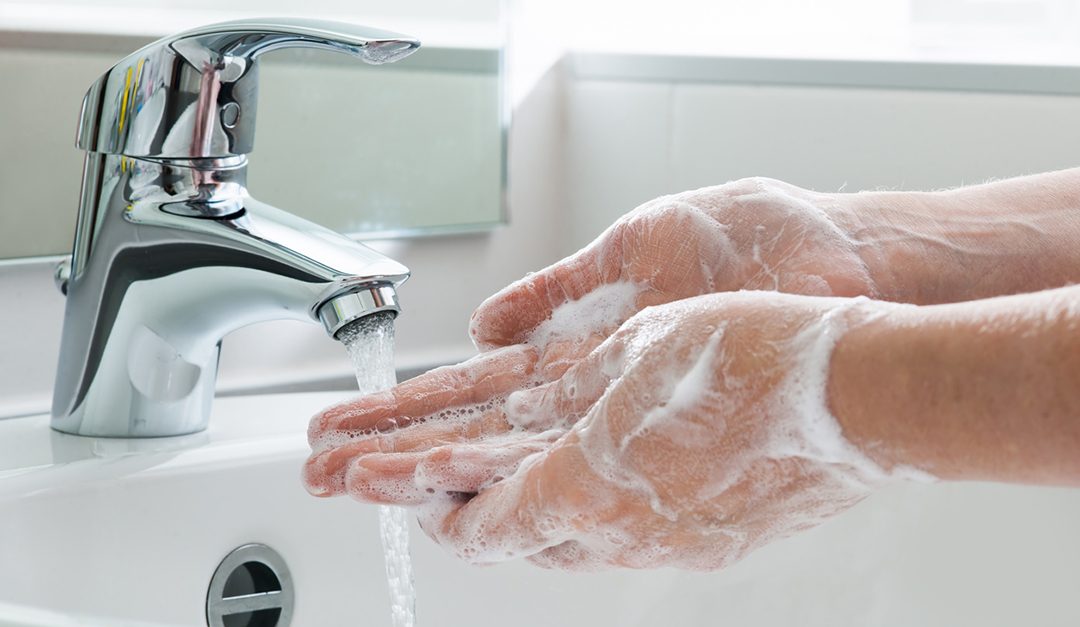(TNS)—Handwashing is an easy way to prevent infection. Understand when to wash your hands, how to properly use hand sanitizer and how to get your children into the habit.
Frequent handwashing is one of the best ways to avoid getting sick and spreading illness. Find out when and how to wash your hands properly.
When to wash your hands.
As you touch people, surfaces and objects throughout the day, you accumulate germs on your hands. You can infect yourself with these germs by touching your eyes, nose or mouth, or spread them to others. Although it’s impossible to keep your hands germ-free, washing your hands frequently can help limit the transfer of bacteria, viruses and other microbes.
Always wash your hands before:
– Preparing food or eating
– Treating wounds or caring for a sick person
– Inserting or removing contact lenses
Always wash your hands after:
– Preparing food
– Using the toilet, changing a diaper or cleaning up a child who has used the toilet
– Touching an animal, animal feed or animal waste
– Blowing your nose, coughing or sneezing
– Treating wounds or caring for a sick person
– Handling garbage
– Handling pet food or pet treats
Also, wash your hands when they are visibly dirty.
How to wash your hands.
It’s generally best to wash your hands with soap and water. Over-the-counter antibacterial soaps are no more effective at killing germs than is regular soap.
Follow these steps:
– Wet your hands with clean, running water—either warm or cold.
– Apply soap and lather well.
– Rub your hands vigorously for at least 20 seconds. Remember to scrub all surfaces, including the backs of your hands, wrists, between your fingers and under your fingernails.
– Rinse well.
– Dry your hands with a clean towel or air-dry them.
How to use an alcohol-based hand sanitizer.
Alcohol-based hand sanitizers, which don’t require water, are an acceptable alternative when soap and water aren’t available. If you use a hand sanitizer, make sure the product contains at least 60 percent alcohol.
Follow these steps:
– Apply the gel product to the palm of one hand. Check the label to find out the appropriate amount.
– Rub your hands together.
– Rub the gel over all the surfaces of your hands and fingers until your hands are dry.
Kids need clean hands, too
Help children stay healthy by encouraging them to wash their hands frequently. Wash your hands with your child to show him or her how it’s done. To prevent rushing, suggest washing hands for as long as it takes to sing the “Happy Birthday” song twice. If your child can’t reach the sink on his or her own, keep a step stool handy.
Be sure to supervise young children using alcohol-based hand sanitizers. Swallowing alcohol-based sanitizers can cause alcohol poisoning. Store the container safely away after use.
A simple way to stay healthy.
Hand-washing offers great rewards in terms of preventing illness. Adopting this habit can play a major role in protecting your health.
This article is written by Mayo Clinic Staff. Find more health and medical information on mayoclinic.org.
Information in this post was accurate at the time of its posting. Due to the fluid nature of the COVID-19 pandemic, scientific understanding along with guidelines and recommendations may have changed since the original publication date.
2020© Mayo Foundation for Medical Education and Research
Distributed by Tribune Content Agency, LLC





